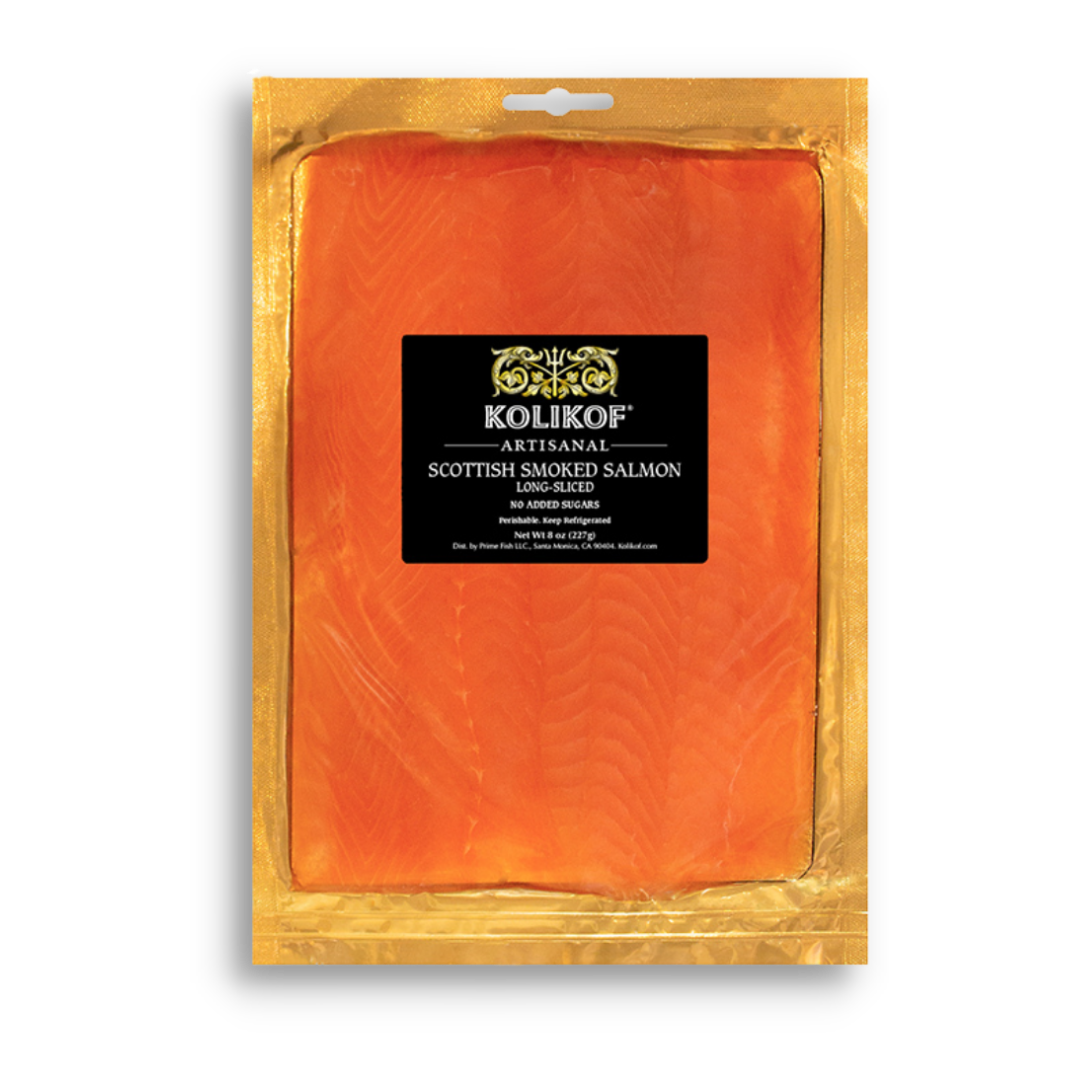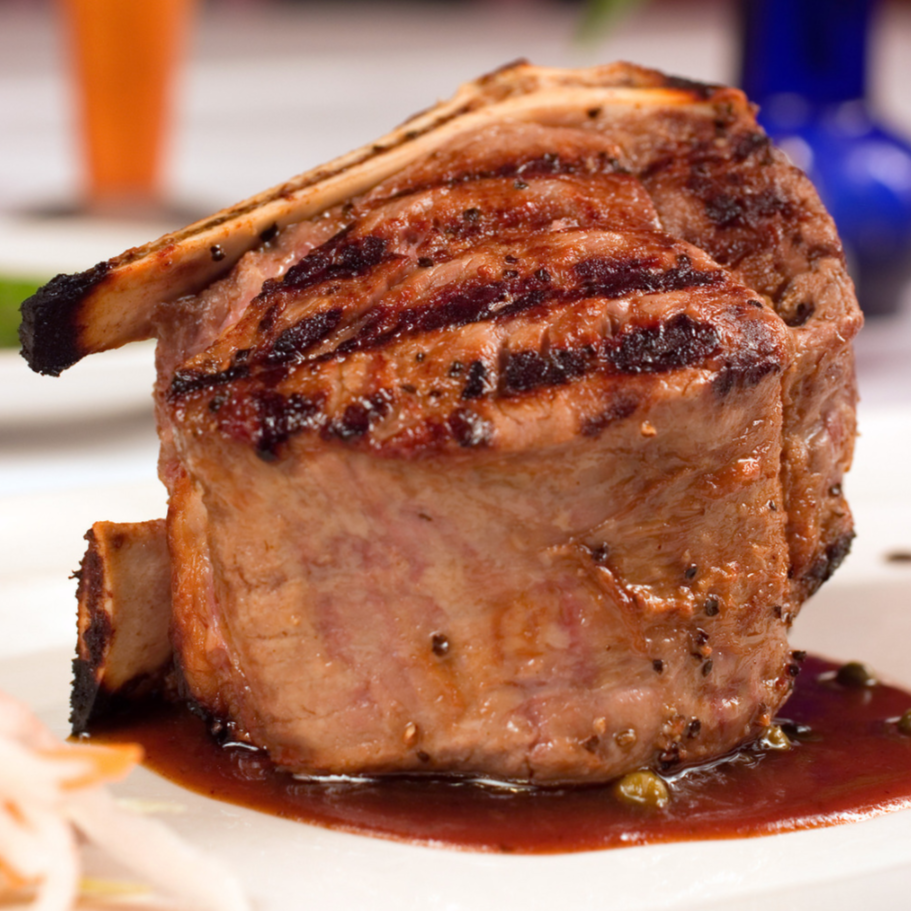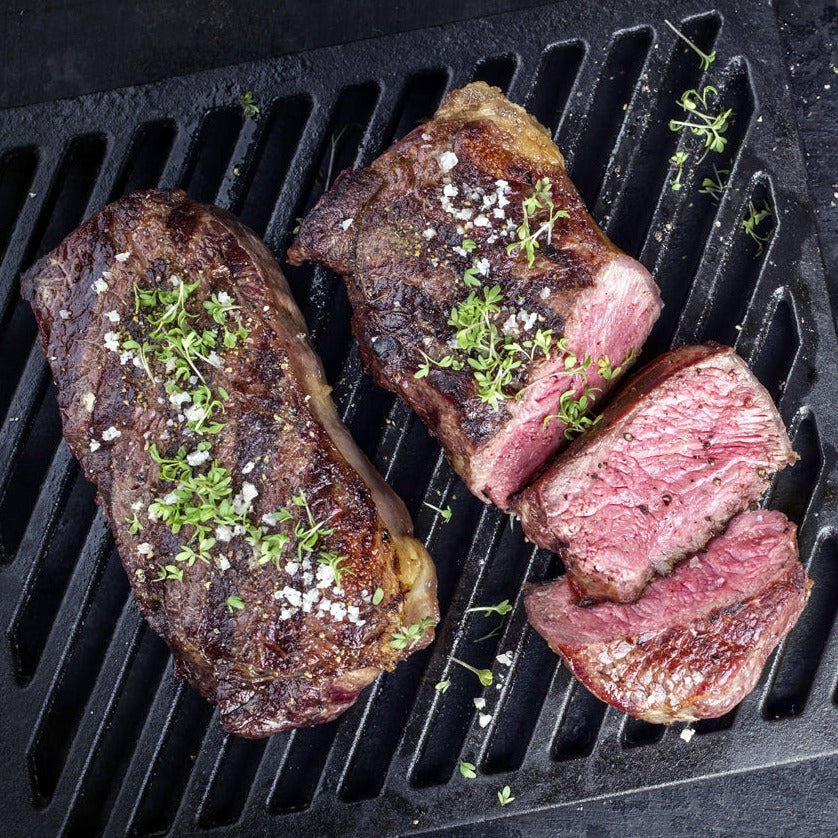Does Japanese Meat Have Good Cholesterol?
Cholesterol is one kind of grease existing in the animal products like meat when they are consumed in large amounts it becomes another matter leading to its development into heart disease and some other health problems. Nevertheless, cholesterol isn’t always cholesterol; there are different forms of this that could have different effects on the body.
Japanese Wagyu beef and other Japanese meats have high levels of monounsaturated as well as polyunsaturated fats which are considered good fats or fats that can help reduce chances of getting heart diseases. These fats help reduce LDL (“bad”) cholesterol while increasing HDL (“good”) cholesterol
Specifically, Japanese Wagyu beef contains high levels of oleic acid, a monounsaturated fatty acid also found in olive oil. According to studies, oleic acid has been found to have many benefits such as reducing inflammation within the body, improving insulin sensitivity and decreasing chances of you getting heart disease.
Also, Japanese Wagyu beef possesses a beneficial fatty acid profile and is typically produced under traditional farming systems that emphasize animal welfare and quality life. This will help reduce stress and anxiety that animals may feel in other types of meat production thereby having an impact on meat quality and nutritional composition.
In summary all types of meat contain cholesterol but for Japanese meat especially Japanese Wagyu beef people know it for having high levels of good fats which are essential in preventing heart diseases among others.









